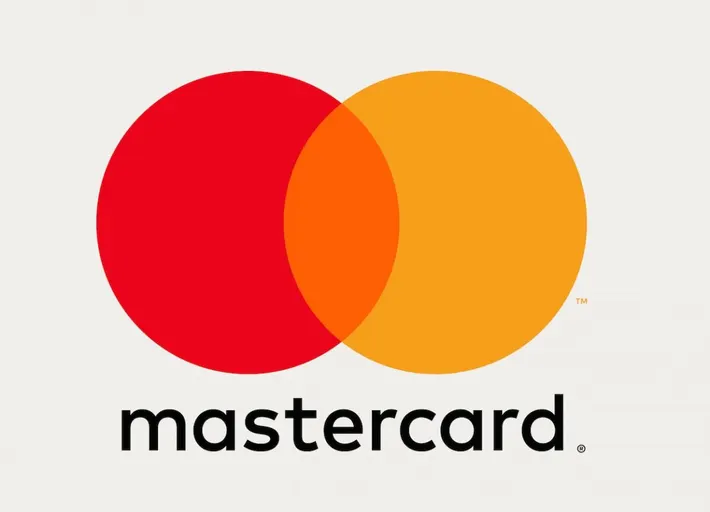How To Plan For The Holidays To Avoid Debt. Avoid the Debt Grinch!
Now’s the time to start financially planning for the holidays to avoid debt. We know this time of year can be joyful, but it can also be stressful. Here are some strategies to help you to maximize the JOY and minimize the STRESS.
We’ve spent years in the financial services industry and we’ve conducted studies to understand how people manage their finances through the holidays. We want to use that knowledge and experience so you can have a wonderful holiday season without a financial hangover.
Our studies showed that the holidays caused between 20% and 30% of households to take on more debt. And 40% of Americans admit that they spend more than they plan during the holidays. It doesn’t have to be that way. Implement these strategies and you can get through the holidays without ending up in a financial hole.
The first strategy is to set your holiday spending limit. You need to be clear-eyed about the total amount you are willing to spend this holiday…and stick to that amount. Our study showed that the people that only “had a rough idea of how much they wanted to spend during the holidays” overspent. We also found that people who only “set limits on how much they wanted to spend on individuals” ended up overspending at the macro level. People with a firm spending limit were the least likely to overspend. Unless you have a firm overall number, it’s too easy to fudge a little here and there. You might slightly overspend on one present and not even consider whole categories like holiday meals, travel, and decorations. Lock in your total spending limit…and stick with it.
Hot tip: Create a holiday savings account in your bank so your holiday spending is separate from your day-to-day spending. That can make it easier to track how much money you have left of your allowed spending limit.
The second strategy is to create specific spending categories. Most of us plan for the presents we want to buy, but we forget about other holiday-related spending. That’s the spending that will blow up our budget. We found that only 60% of holiday spending is on gifts. We often forget about decorations, party food, extra gas for the roadtrip to see family, eating out when you are shopping, holiday activities, and charitable giving. Plan for each of these categories so you don’t get blindsided.
Hot tip: Make sure your spouse or significant other is on board with your spending categories. You don’t want them to undo all your efforts because they weren’t aware of the plan.
The third strategy is to plan ahead for the additional spending. Depending how how lavishly you like to spend on the holidays, you might need to plan for months. But for others, it’s probably good enough to just look at the last five or six paychecks of the year. Think critically about how much you need to put aside to avoid the credit card bill that’s too big to handle in January.
The fourth strategy is to review last year. Spend a few minutes reviewing last year’s debit and credit card reports. With the benefit of hindsight, highlight all the spending that didn’t spark joy…as Marie Kondo would say. This is a great exercise that helps remind you of where you want to put your limited resources. Money has a way of slipping through our fingers when we’re not paying attention. The point here is to shine a light on the spending that you don’t really care about, so you can cut it out of this year’s plans.
Hot tip: Print off last year’s debit and credit card reports. Pull out a couple of highlighters and color the spending: happy you spent it, wished you hadn’t spent it, and unexpected expenses. The colors makes it easy to see what’s going on.
The fifth strategy is to reframe your idea of budgeting. A lot of people hate the word “budget.” When they hear it, all they hear is “no, no, no.” What they really want to hear during the holidays is “ho, ho, ho.” But that’s the wrong way to think of budgeting. Good budgeting isn’t about what you *can’t* do. Good budgeting is about thinking of what you do *want* to do…and cutting out the stuff that isn’t important to you. If you are doing budgeting right, it focuses your spending on the things that matter the most to you.
Hot tip: Before you build your budget, make a list of the top three priorities in your life. Doing that primes your mind to think in terms of values, especially the things that are most important to you. If you do this, you will more naturally gravitate to the “good” type of spending and move away from the “bad” kind of spending.
The sixth strategy is to plan for the unexpected. In the study we did, we found that 1 in 5 respondents said that they needed to pay for a car repair at some point during the holidays. The households that were already spread thin, said that an unexpectedly high utility bill tripped them up. And it may indeed be the season of being jolly, but 1 in 8 said that they experienced non-routine medical expenses. These are the type of unexpected expenses that can happen throughout the year. And that’s the point. Just because it’s the holiday that doesn’t mean that unexpected will wait until January. Expect the unexpected and you will be pleasantly surprised if it doesn’t happen.
Hot tip: Review all the unexpected expenses that have come up over the last year or two. Calculate the total cost of them. Divide that number by the total months of the period you reviewed. That’s how much you ought to save every month for unexpected expenses. Make a practice of saving for future expenses.
The seventh strategy is to be skeptical of sales. In the study that we did, we found that people who shop sales in order to control their spending actually spent more than people who did not chase sales. This is true even of people who set firm budgets. This was perhaps the most amazing thing we found in our study. Now, I am not telling you that you should avoid sales. You really can get good deals from a sale. But, you need to be aware that sales are designed to get you to buy stuff you hadn’t planned on. It can be hard to pass up that “unbelievable price” on that thing you hadn’t planned on buying.
Hot tip: Do not reward yourself for saving money. Some people figure that they did such a good job saving money at a sale that they can buy that extra item or go out to eat. Bank your savings. Don’t use the fact that you saved money at a sale as an excuse to spend more.
The eighth strategy is to think differently about the holidays. Sometimes it’s good to remind ourselves that the holidays –whether it’s Thanksgiving, Christmas, Hanukkah, Kwanzaa, or something else–aren’t about consumerism. We don’t have to buy into the idea that spending is the central way to show love to our family and friends and celebrate the events that are meaningful to us. Focus on what is important about the holidays you celebrate. If you do, you might feel less pressure to celebrate through spending money.
Hot tip: Enjoy the holidays, but don’t fall into the trap of believing that the only way to enjoy them is to spend money. You don’t need to have a luxury car with a big bow on it in the driveway to celebrate. In fact, spending too much is often antithetical to central message of the holidays. Find joy in the true purpose of the holidays and not in swiping your credit card.
Personal finance is a wilderness that can be a great adventure, if we avoid the dangers. Here at The Yukon Project, we wish you joy during this holiday season. Please consider following us for more insights about how to get the most out of your personal finances. Visit us at our website and subscribe to our channel. It helps us out and we really appreciate it. Thanks for watching.
Stop paying the high interest rates from carrying a monthly balance on your credit card! Whether you need a small amount or $100,000 we have options for you!
Soft Credit Pull, Up To 40 Lenders at Once, See what you’re approved for!






























